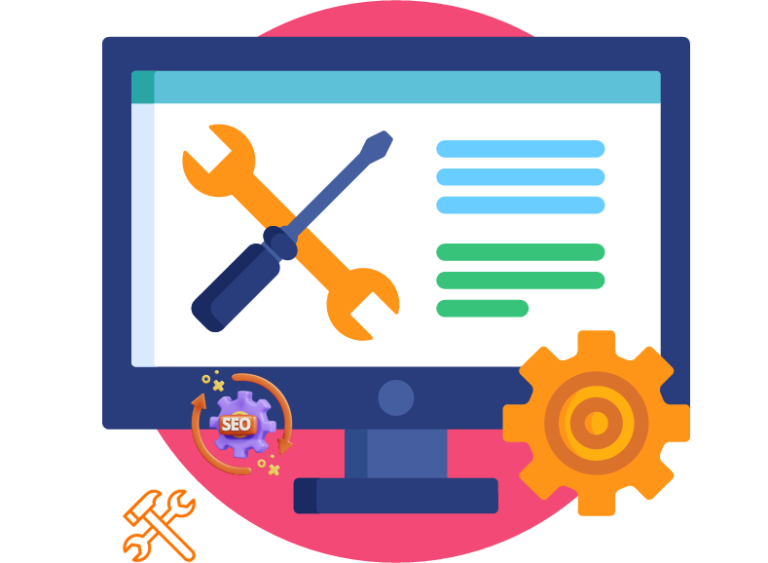Technical SEO
Technical SEO is the process of optimising your website's backend and infrastructure to improve its performance and visibility in search results. Technical SEO makes sure that search engines can efficiently crawl, index, and rank your site, even though content and backlinks are crucial. In this thorough guide, we'll go through the essentials of Technical SEO, from the fundamentals to more advanced techniques.
Technical SEO is the process of optimising your website's backend and infrastructure to improve its performance and visibility in search results. Technical SEO makes sure that search engines can efficiently crawl, index, and rank your site, even though content and backlinks are crucial. In this thorough guide, we'll go through the essentials of Technical SEO, from the fundamentals to more advanced techniques.

Importance of Technical SEO
Technical SEO is critical because it directly affects how search engines view and rank your website. Here’s why it’s essential:
- Crawlability: Technical SEO ensures that search engine bots can navigate and index your site efficiently.
- Indexation: It helps search engines understand your content, improving the chances of your pages getting ranked.
- User Experience: A well-optimized site provides a better user experience, leading to lower bounce rates and higher user engagement.
- Mobile Friendliness: With the growing number of mobile users, technical SEO ensures your site is mobile-friendly, which is a ranking factor.
- Site Speed: Faster loading times, another technical SEO aspect, improve user experience and search engine rankings.
Core Elements of Technical SEO
Website Speed Optimization
The user experience and SEO both depend heavily on a site’s performance. Pages that load slowly may have higher bounce rates and worse ranks. Important techniques for speed optimization include:
- Image Compression: Compress images to reduce file sizes without sacrificing quality.
- Browser Caching: Leverage browser caching to store static resources, reducing load times for returning visitors.
- Content Delivery Network (CDN): Implement a CDN to serve content from servers closer to your users, improving load times.
Technical SEO Audits
Regular technical SEO audits are crucial to identify and address issues on your website. Use tools like Google Search Console, Google Analytics, and specialized SEO audit tools to analyze your site’s health:
- Website Crawling
-
Check for crawl errors, broken links, and redirects. Ensure that search engines can access and index all your pages.
- Page Speed Analysis
-
Measure and improve your website’s loading speed. Identify and fix issues that slow down your site.